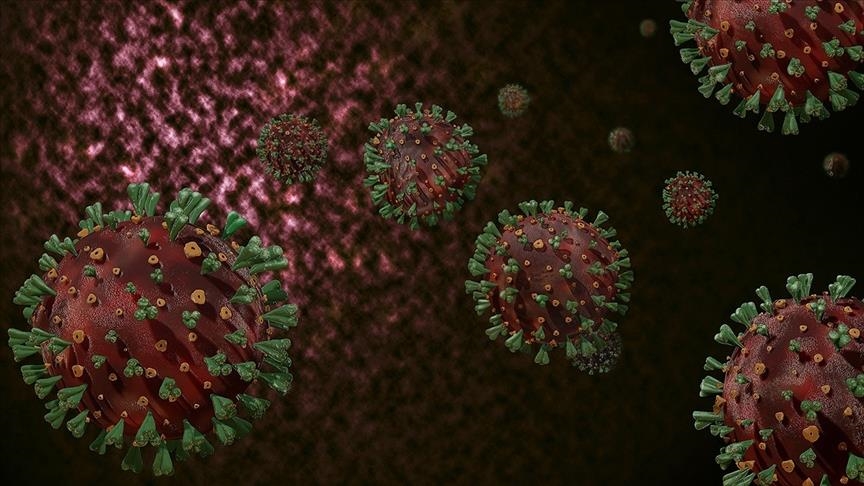Charamba said people expected ‘compassion’ but such ‘tough’ measures were consequences of a pandemic and advised travellers that if they could not comply with the new quarantine measures they must postpone their travel.
On November 30, 2021, President Emmerson Mnangagwa announced a raft of new measures that included mandatory testing and a 10 day quarantining of all persons entering the country.
However, before gazetting the law, ports of entry such as the Joshua Mqabuko Nkomo International Airport in Bulawayo and Beitbridge Border Post did allow visitors and returning residents to proceed home instead of being taken to quarantine.
The government then gazetted Statutory Instrument 267 of 2021 which decreed that:
“at every port of entry all returning residents and visitors have to undergo PCR testing (notwithstanding that they present a PCR negative test from elsewhere) and those found to be negative will be quarantined at their own cost for 10 days, while those who are found positive will be isolated in accordance with the provisions of the principal order.”
With the international community criticised for imposing travel bans particularly for Southern African countries, Zimbabwe has also received criticism for reinforcing ‘poor’ decisions but the presidential spokesperson said the issues were different.
“They are saying don’t travel. We are saying you can travel, as long as you can put up with the inconvenience and costs. That’s our position as a government and it’s not a matter of debating,” Charamba stated in an interview with CITE.
The presidential spokesperson said whatever happened before the gazette was immaterial but there was now an expectation that people adhere to the quarantine rules.
“You must be found in compliance. If you feel you can’t comply, postpone your travel because the rules have been gazetted. The gazette is very explicit and answers all your questions,” he said.
Charamba noted at every entry point, an enforcement officer would guide travellers on agreed places of quarantine.
“As soon as you present yourself at the airport, the position of governments kicks in. An officer of the law will be at hand to guide movement thereafter,” he said.
The quarantine rules applied regardless of whether people had booked flights earlier or made prior travel logistics, said Charamba, who refused to be drawn on answering if one’s home could act as a place of quarantine.
“I can never answer a tactical question. This is the burden of the officer concerned at the entry port who will direct movement to a designated place.”
Charamba added, “of course when in quarantine, you are not in a direct position to be seen by relatives, the idea is you are in maximum protection. It doesn’t matter if you were given three weeks leave, you will be on probation for those 10 days for screening, to see if there is a risk.”
Due to the situation’s complexity, the presidential spokesperson said, “it was ill-advised to travel during this time,” however, added the government “can’t make a decision for you,” as to whether people should cancel their travel plans.
He sympathised with people who made their plans before the discovery of the Covid-19 Omicron variant, noting the same situation also applied to the government.
“So true you didn’t know, so, neither the government. It is beyond you, it is also beyond us as the receiving state but we are doing this for a public health emergency. You are reacting with compassion but we are taking a hard-headed decision to protect society.”
These measures, argued Charamba, were the consequences of a pandemic.
“There are costs involved and that’s the nature of a pandemic. Individuals are bearing the costs, so is society and the government is also bearing costs as we are deploying more screening officers. Destabilisation is the nature of an emergency. It is tough,” he said.
The presidential spokesperson said it was now for the media, as a watchdog, to see if the law was implemented effectively and applied to everyone.
“For implementation efficacy, it’s now for the media to see the compliance at the level of travellers, at the border post and level of officials. Make sure there is compliance but our intention is clear, it’s to do as much screening as possible. Beitbridge border has always been porous but that does not stop us from making a law,” he said.
“This is an emergency, there’s an expectation for compliance. Omicron is highly transmissible. If you feel you can’t proceed, it’s best advised to stay put.”



